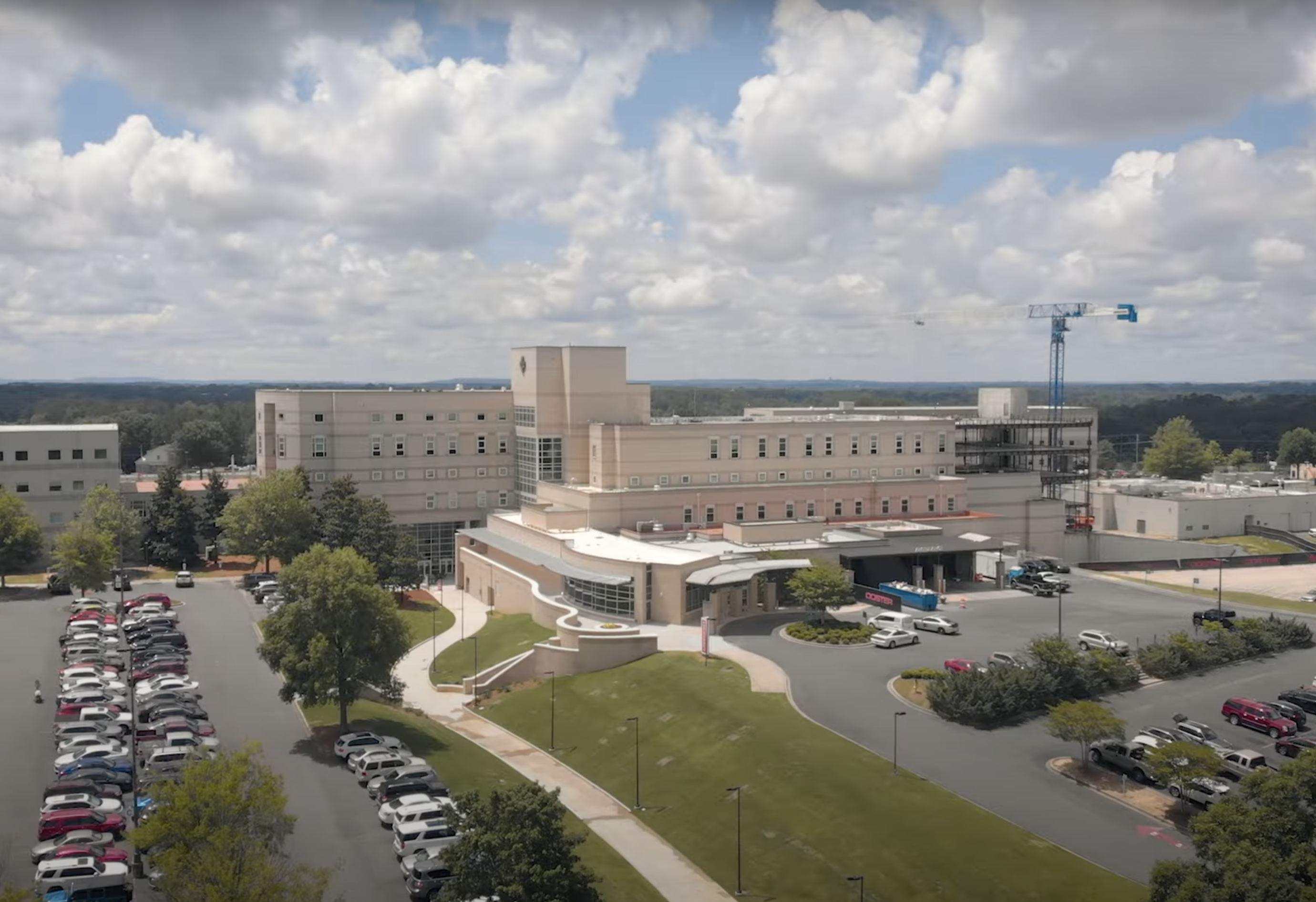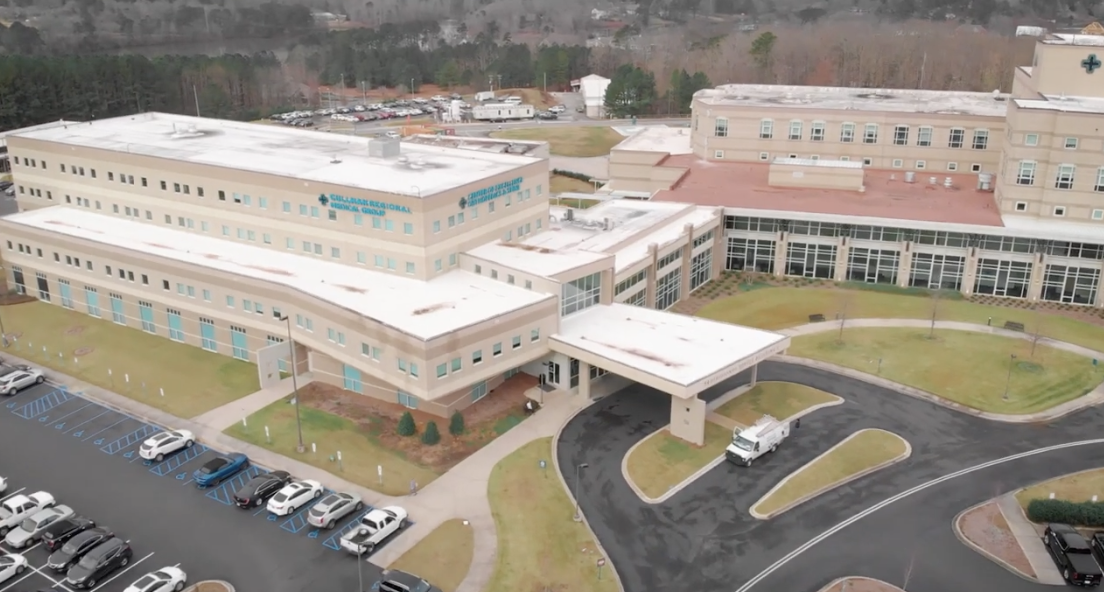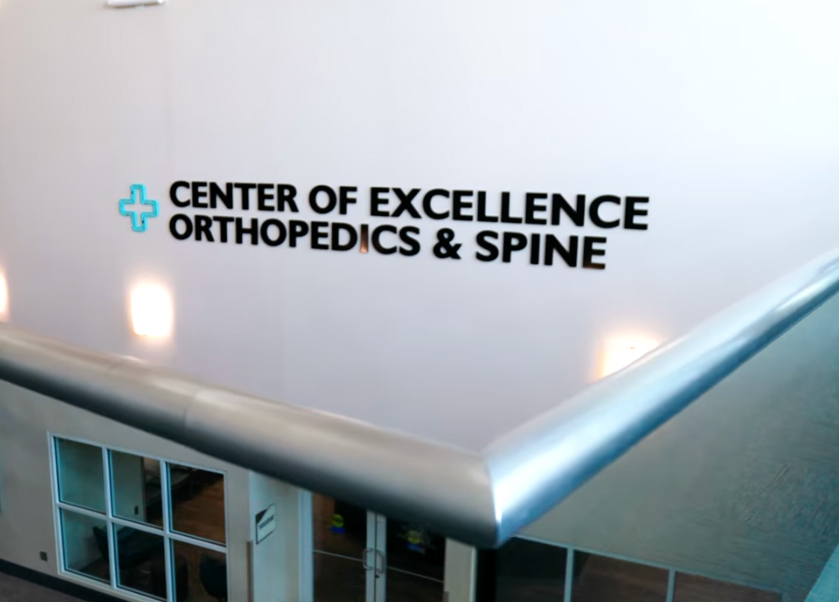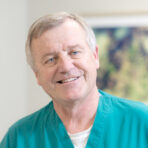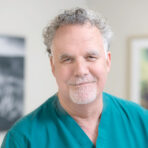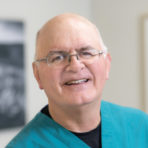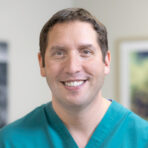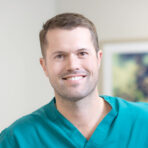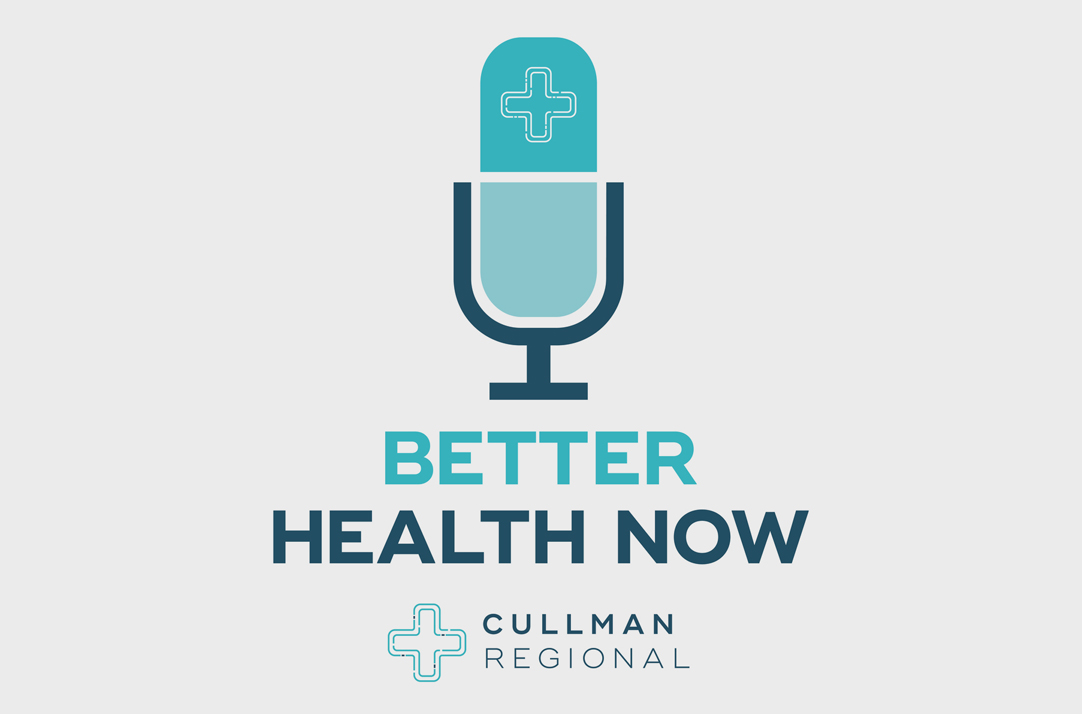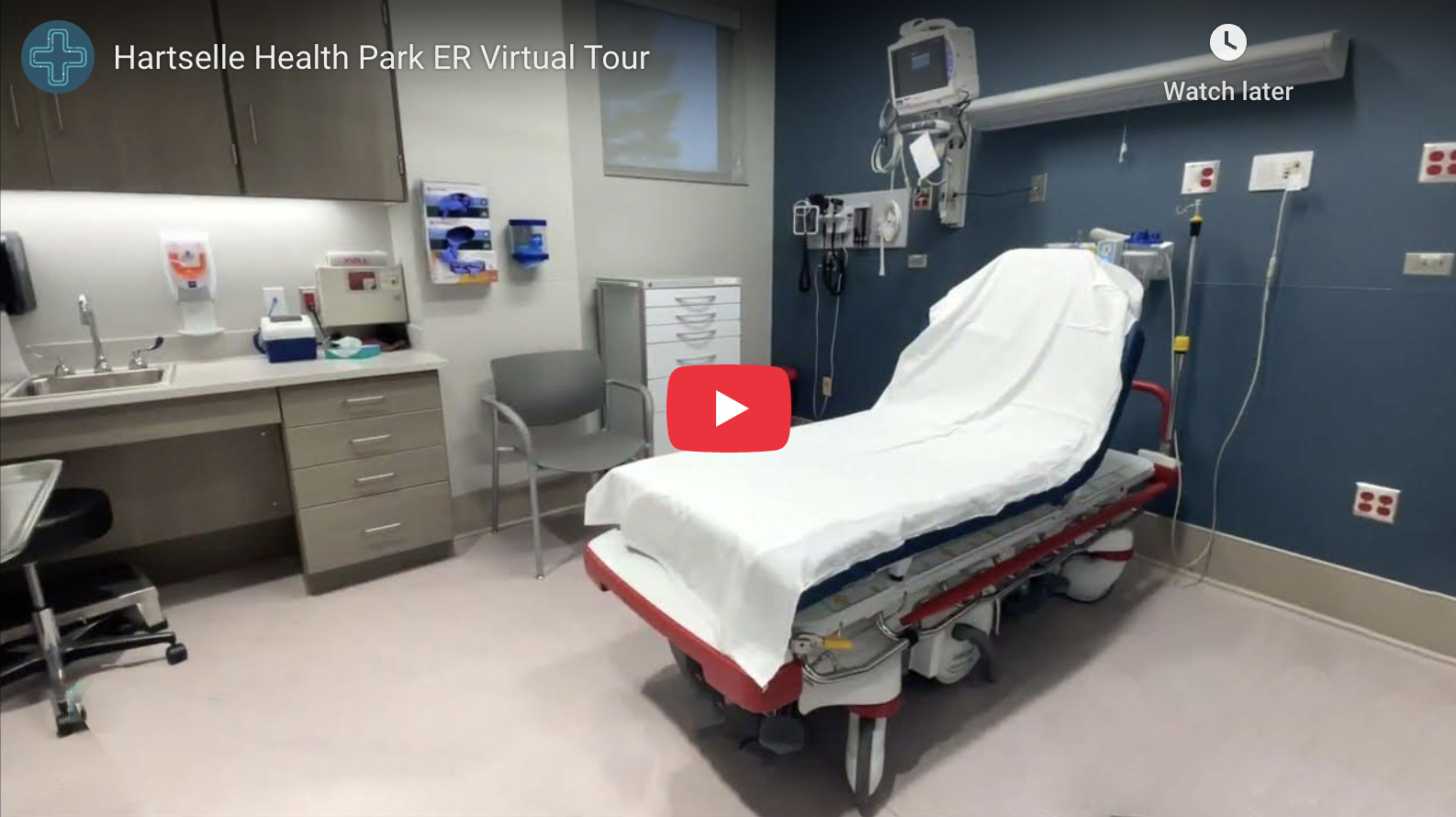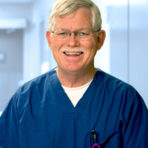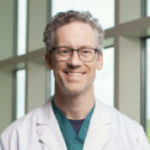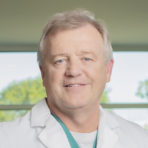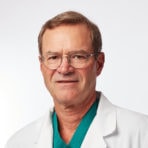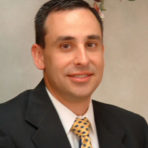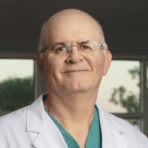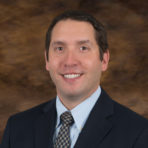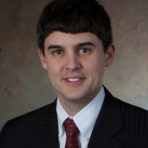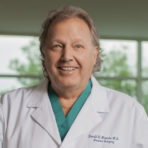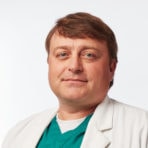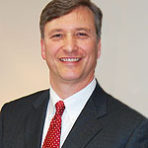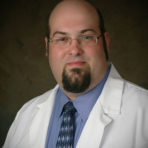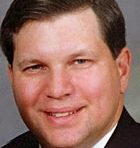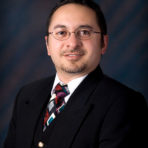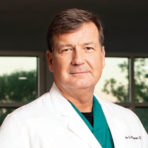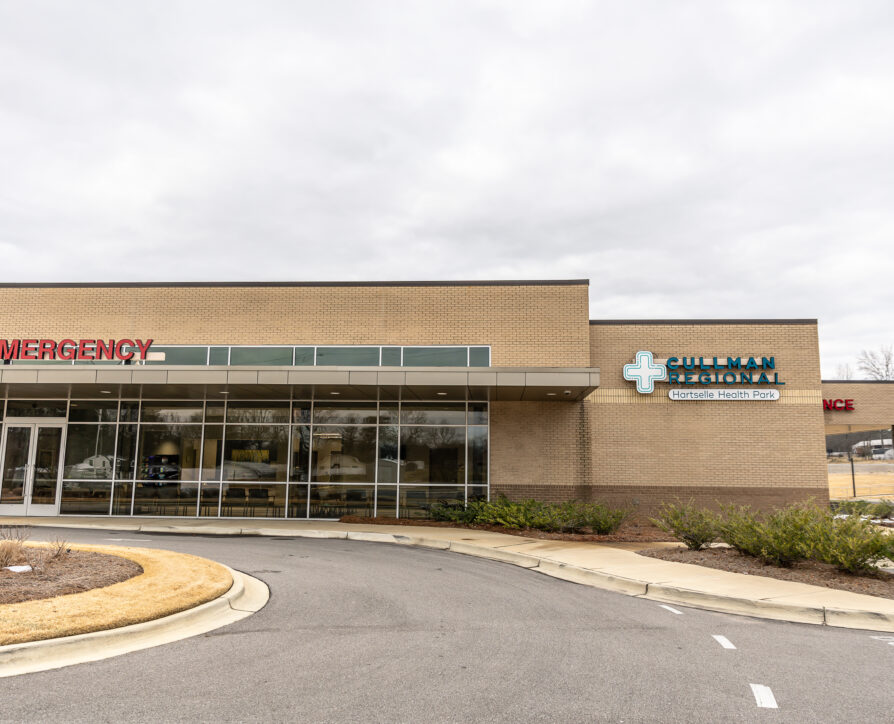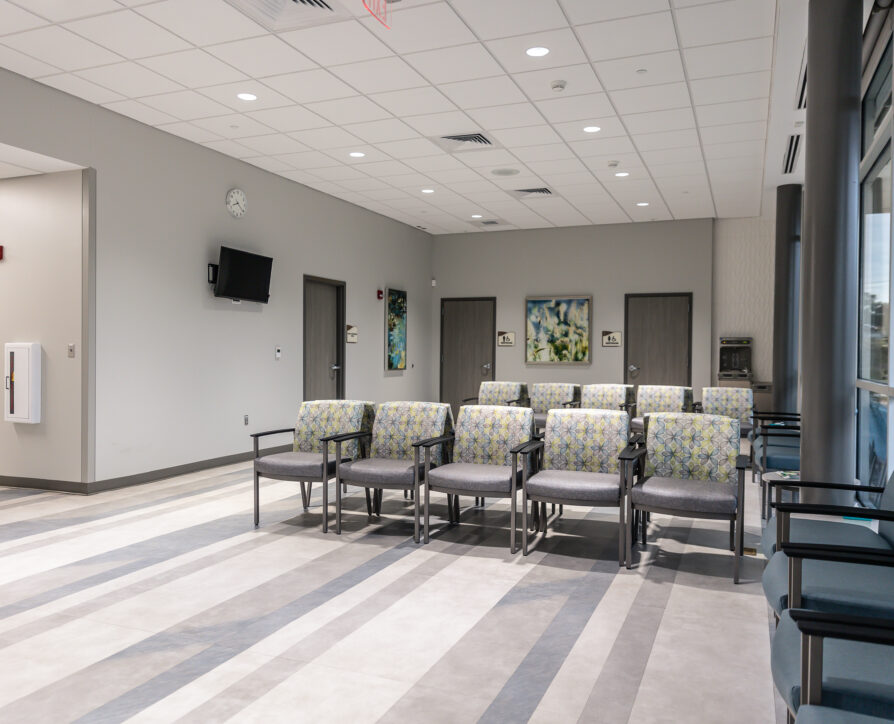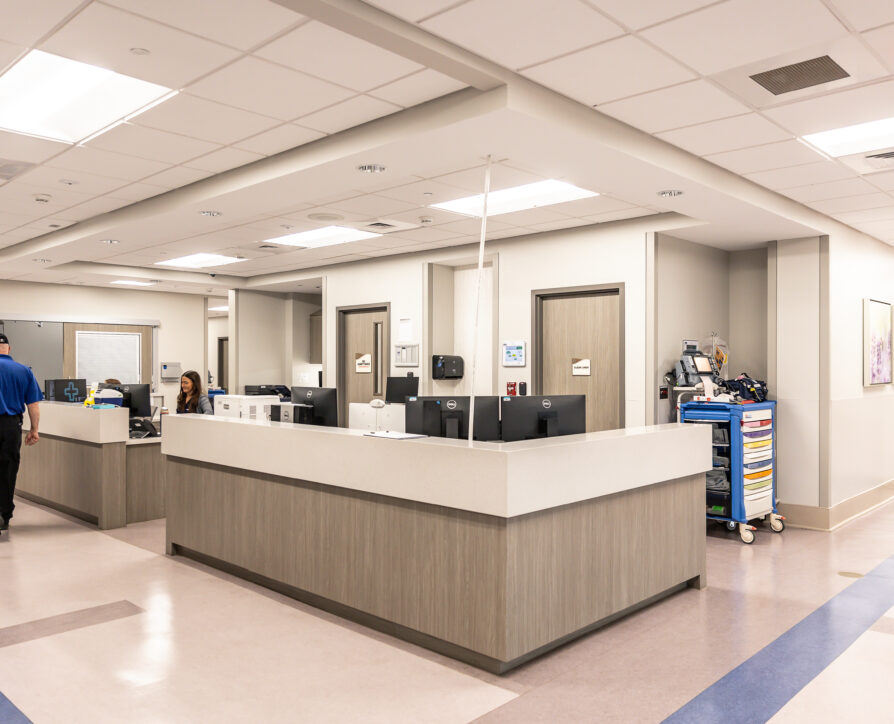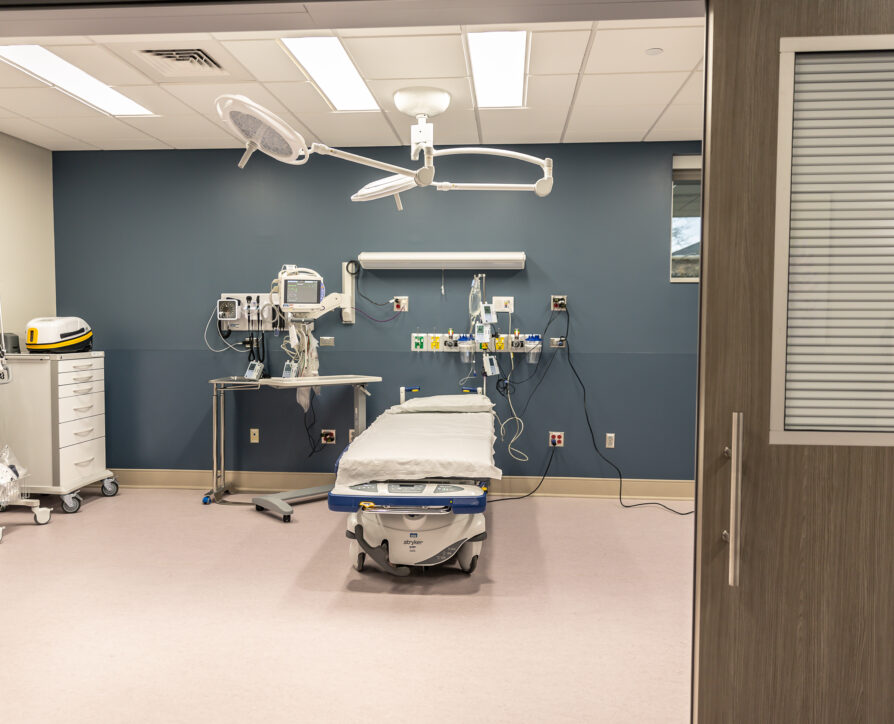If you or someone you know needs emergency medical treatment, go to the nearest ER or call 911
Cullman Regional Emergency Room Virtual Tour
Watch VideoWhen every second counts, count on us
Our expanded and remodeled ER is clean, efficient and convenient. With a team of board certified emergency physicians and experienced ER nurses all focused on a better experience for you, it’s no wonder Cullman Regional’s ER is consistently recognized for beating state and national benchmarks for quality care.
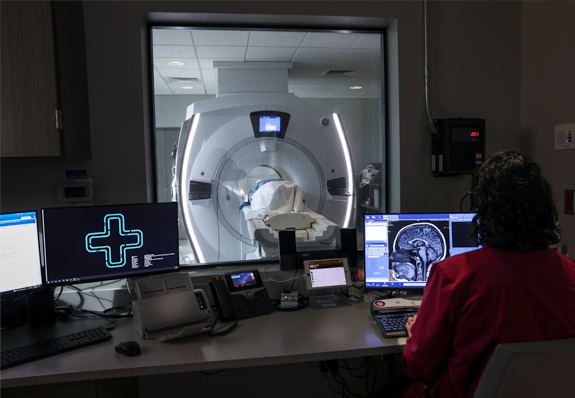
Modern Imaging Technology
Physicians at Cullman Regional’s ER use advanced diagnostic tools to quickly assess and diagnose patients. This includes a 128-slice CT with dose reduction technology and a 3 Tesla MRI, both of which feature some of the latest imaging technology available.
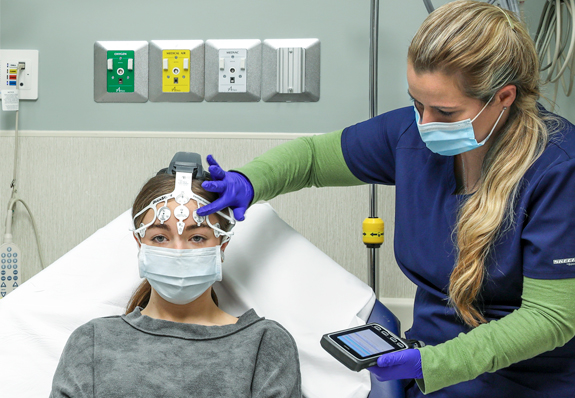
New Technology for Brain Injury
Cullman Regional ER uses a pioneering technology to assess head injury patients without exposure to radiation. BrainScope can detect the smallest amount of blood with 99 percent sensitivity and helps physicians quickly determine which patients need further testing and treatment for concussion.

“My experience at Cullman Regional ER was exceptional. From the moment I arrived, the staff took my symptoms seriously and showed genuine concern. I was given a complete evaluation for a potentially serious health concern; and after extensive tests, I was headed home in less than three hours! This was a significant contrast to spending more than 12 hours in an ER with no sense of urgency.
As someone in a leadership position, I pay close attention to professionalism and a welcoming attitude, both of which were clearly evident in the Cullman Regional ER team. My first experience was so positive that when I had a second emergency, I chose to return to Cullman Regional ER. It’s reassuring to know that such a dedicated and professional team is available to provide top-notch care.”
ROBBY CANTRELL, CULLMAN ER PATIENT
Where to Go for Care
If you need an appointment with a physician, visit CullmanRegionalMedicalGroup.com for more information.
When to Visit the Emergency Department
The ER is designed for life saving care. If you are experiencing any of the following, seek emergency medical attention or call 911
- Broken bone
- Chest pain
- Drug/alcohol overdose
- Poisoning
- Seizure
- Serious burns
- Severe allergic reaction
- Stroke
- Sudden dizziness
- Trouble breathing
When to Visit Urgent Care
Urgent Care is for an illness or injury that is not life-threatening but can’t wait for a scheduled appointment with your primary care provider. If you need care for any of the following, visit our Urgent Care Center:
- Cough
- Diarrhea
- Fever
- Flu
- Minor burn
- Minor cuts
- Stomach pain
- Skin rash
- Sprains or strains
- Vomiting
- Wheezing
Urgent Care Center
Located on the Cullman Regional Medical Center campus, our Urgent Care Center offers convenient and prompt care for non-life-threatening illnesses and injuries for those 3 months and older.
Frequently Asked Questions
What is a triage nurse?
A triage nurse is responsible for assessing all patients upon arrival to the public entrance of the Emergency Services Center. He or she will use skills taught to them during their long educational training to determine the order in which patients should be seen, based on the severity of their illness/injury. It is possible that serious patients may arrive after you but are given priority over patients with less severe conditions. Conditions severe in nature may include:
- Bleeding that is uncontrolled
- Difficulty breathing
- Heart conditions
- Overdoses of medication
If your condition changes while you are waiting, please ask the triage nurse to re-evaluate your condition. We want all patients to receive the best care possible in the shortest amount of time.
If the waiting room is fairly empty, why am I waiting?
We have experienced increased numbers of patients brought in by ambulance. Many of these patients are from accidents, nursing homes and other facilities. It is not uncommon to receive two or more patients in one ambulance from an accident or to receive multiple patient transfers each shift from other facilities. The ambulance entrance is separate from the public entrance, so you may be unaware of the number of patients that have come into the hospital by ambulance.
The doctor ordered tests. What is the wait?
Lab tests vary greatly in complexity. Some tests are time-consuming and can take up to an hour to complete. Diagnostic imaging, or x-rays, usually can be obtained in a short period of time; however, the test then goes to a radiologist for interpretation, which may take time. Please be aware that we monitor ourselves constantly. Our goal is to provide care to help resolve your condition or injury and care that will have you back at home or admitted to the hospital in the shortest amount of time possible.
What should I bring to the ER?
Bring your most recent prescription bottles, insurance cards, a list of past medical history including surgeries, and other important information that would expedite your emergency care.
Why didn’t I see a doctor?
The Cullman Regional Emergency Services Center is staffed with a board-certified emergency medicine physician 24 hours a day, seven days a week, as well as a physician assistant or certified nurse practitioner from 12 noon to 12 midnight in the main emergency department and 10 a.m. to 10 p.m. in ExpressCare. All treatment in the Emergency Department is done in collaboration with of the emergency physician on duty.
Why did I have to wait so long?
It is our goal to bring you to the treatment area immediately after triage, if a bed is available. Wait times vary based on your presenting complaint. Patients with more emergent life- or limb-threatening conditions are seen first. Care requiring lab, x-ray or IV fluids may have an extended treatment time in the emergency department. If you have lab work, you can expect to stay at least an hour after the blood is obtained. If you require radiology studies, especially a CT scan, you can expect to stay at least two hours. Patients requiring hospital admission may wait three to four hours before getting to your hospital room.
Why did you take someone who arrived after me back for treatment before me?
Patients are seen based on presenting complaint and severity, not based on arrival time. Critically ill patients will be brought to the treatment area ahead of non-urgent patients. All patients who come in on their own accord or with a friend or family member are triaged upon arrival to ensure that those who need immediate medical attention are seen first.
Why did I receive more than one bill?
In order to provide the best patient care in the most efficient manner possible, Cullman Regional has partnered with Island Medical Management, Birmingham Radiology Group and Cunningham Pathology Group to provide the physicians, physician assistants and nurse practitioners in the ER, radiologists in Diagnostic Imaging and pathologists in the Laboratory. Patients receiving services by these providers will receive two or more bills.
- Cullman Regional bill: Your hospital bill reflects all services you received during your visit, including your room, nursing care, housekeeping, and/or any special service charges which may include items your physician orders for you, such as X-rays or laboratory tests, supplies, drugs, etc.
- Physician Services bill: You may receive bills from physicians you did not see in person. These are for professional services rendered by these doctors in diagnosing and interpreting test results while you were a patient. Pathologists, radiologists, cardiologists, anesthesiologists and other specialists perform these services and are required to submit separate bills. If you have questions about these bills, please call the number printed on the statement you received.
Hours
Open 24/7
Locations
Main hospital, rear entrance
1912 AL Highway 157
Cullman, AL 35058
Hartselle Health Park ER
1549 Hwy 31 S
Hartselle, AL 35640.
Contact
Telephone: 256-737-2100
Fax: 256-737-2110

